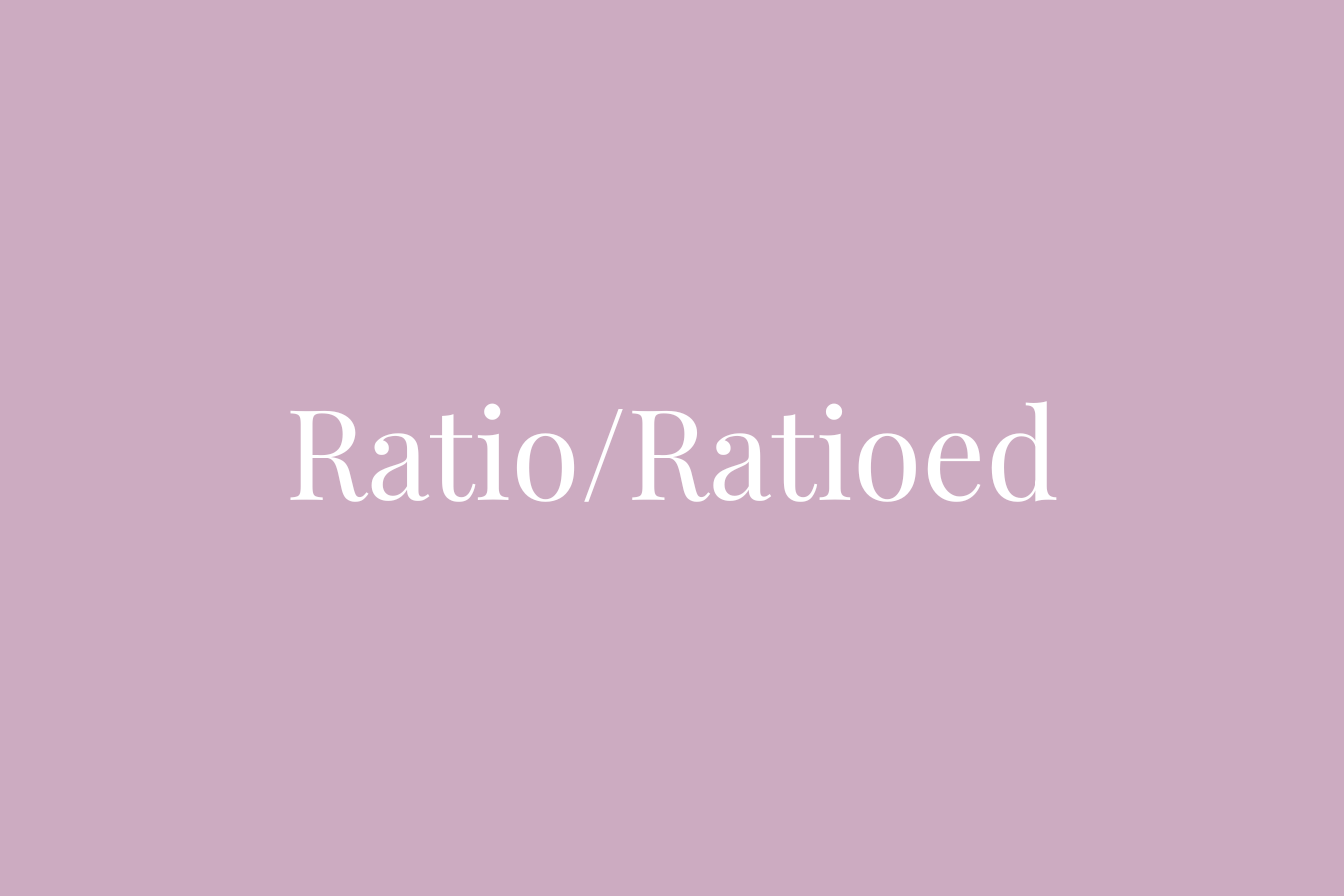In the buzzing world of social media, there’s a unique way of expressing collective disapproval without saying a word: the phenomenon known as “ratio” or getting “ratioed.”
Picture this: someone posts a tweet that sparks a lot of conversation, but not in the way they hoped. Instead of getting likes or shares, they’re met with a flood of comments disagreeing or criticizing them. That’s being ratioed.
Imagine a silent auditorium suddenly erupting in a chorus of disapproval – it’s powerful and can be a bit intimidating.
My goal is to clearly guide you through the concept of ratio, exploring its significance, impact, and appropriateness across various settings.
Whether you navigate the choppy waters of Twitter debates, keep up with the ever-changing trends on Instagram, or dive into Reddit’s sea of ideas, understanding what it means to be ratioed is a crucial part of social media literacy.
Key Takeaways:
- Understanding Ratio: Grasp the concept of ratio as it’s a unique indicator of public response to a post on social media, specifically when comments outnumber likes or shares.
- Emotional Impact: Recognize the feelings that being ratioed might stir up, often pointing towards widespread disagreement or criticism from an online community.
- Social Media Debates: Identify situations where ratio is most likely to happen, such as heated discussions on platforms like Twitter, Instagram, or Reddit.
- Professional Relevance: Assess whether discussing the dynamics of ratio is appropriate in a work environment, focusing on how it fits into social media strategy and communication.
- Conversations with Kids: Consider the teachable moments in discussing ratio with children, helping them understand the nuances of social media interactions and the importance of respectful discourse online.
Meaning of Ratio/Ratioed
The term ratio on social media is when the number of replies to a post greatly outnumbers the likes or retweets. It usually shows that a lot of people disagree with the post or are there to criticize it.
For example, if someone tweets something controversial and it gets 100 replies but only 10 likes, it might be said that the tweet is being ratioed.
Ratioing can bring about mixed feelings. When a person gets ratioed, they might feel embarrassed or attacked because it’s a clear sign that people are not in favor of what they said.
On the other hand, for users calling out the post, it can be a way of showing that a statement is unpopular or problematic.
You might run into someone getting ratioed in situations where there’s a hot topic or debate going on. Politics, celebrity scandals, or any divisive issues are common areas where ratios happen more often.
When it comes to work, talking about someone getting ratioed depends on the context. If you’re in marketing, understanding social media trends, including ratio, is part of the job.
But if you’re discussing specific posts or people being ratioed, it’s important to keep it professional and respectful.
For kids, the concept of ratio isn’t rude or inappropriate by itself. However, it’s vital to explain that while social media can be a place for different opinions, respect is key, and getting involved in online arguments should be approached with caution.
Examples
- Twitter Disagreements: Twitter is the main platform where you might see someone getting ratioed. If a well-known person makes a comment that others find offensive, many might reply to criticize while few will like or retweet. This is a classic ratio situation.
- Instagram Debates: On Instagram, ratios can happen too, but it’s often in the format of comments versus likes. A post might get tons of comments arguing against it, but not as many likes.
- Viral Posts on Reddit: Sometimes, a Reddit post can blow up with tons of comments but not as many upvotes. This is a bit like getting ratioed because it shows that people are more interested in discussing or debating the content rather than simply approving of it.


